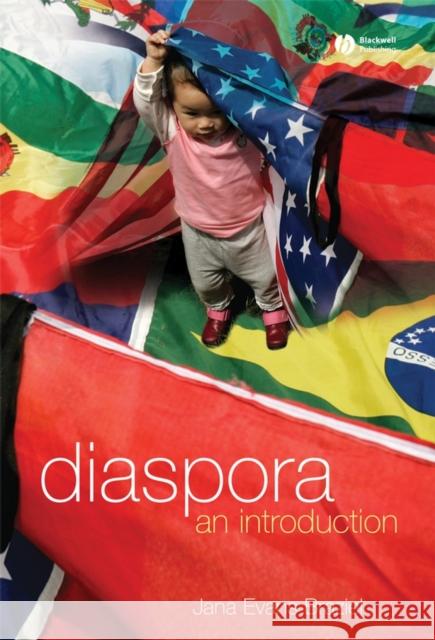Diaspora: An Introduction » książka
topmenu
Diaspora: An Introduction
ISBN-13: 9781405153409 / Angielski / Miękka / 2008 / 320 str.
This introduction highlights key topics significant to contemporary discussions of diaspora and stressing the substantial impact these migratory shifts have on global capital.
- Offers a critical introduction to diaspora - the study of dispersed ethnic populations - with specific focus on migratory shifts post-1989 and post 9/11
- Examines the ways global capitalist shifts and the global terrorism war impact diaspora movements since the mid-1990s
- Includes discussion of globalization, the global terror war, and post-9/11 geopolitical and geo-economic shifts
- Engages directly with the political and ideological formations of the contemporary diaspora movement
- Provides comprehensive analysis of labour and economic migration; the relationship of diaspora to gender and race; queer diasporas; and diasporic 'acts of resistance'
- Theorizing Diaspora (2003), Braziel's groundbreaking anthology, offers complementary readings for this text











